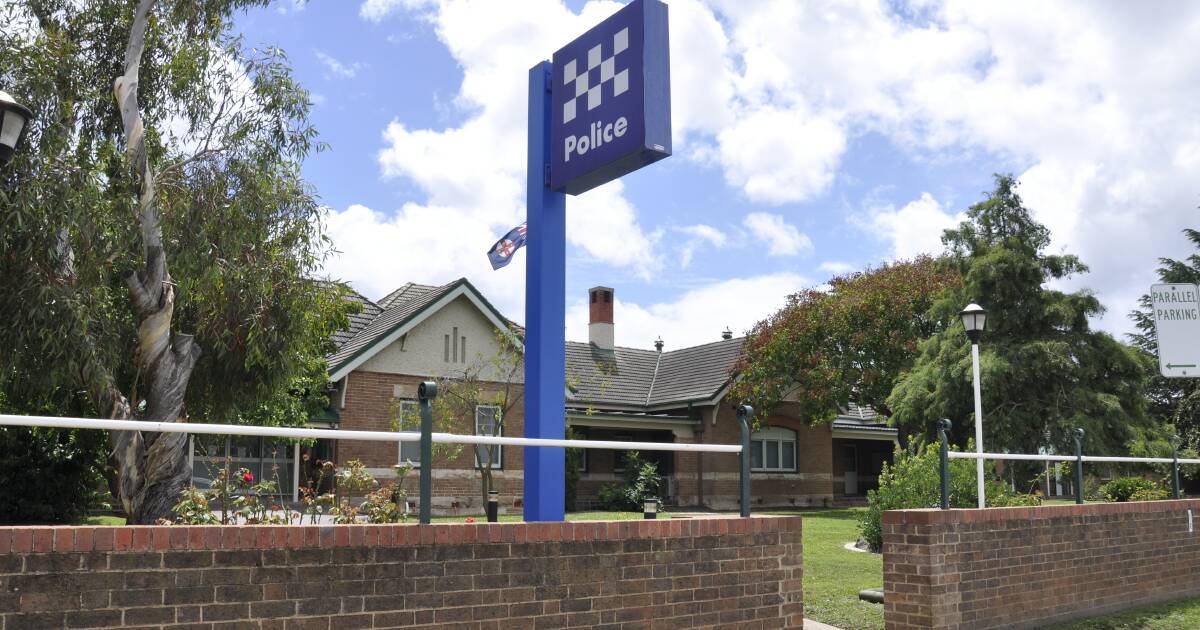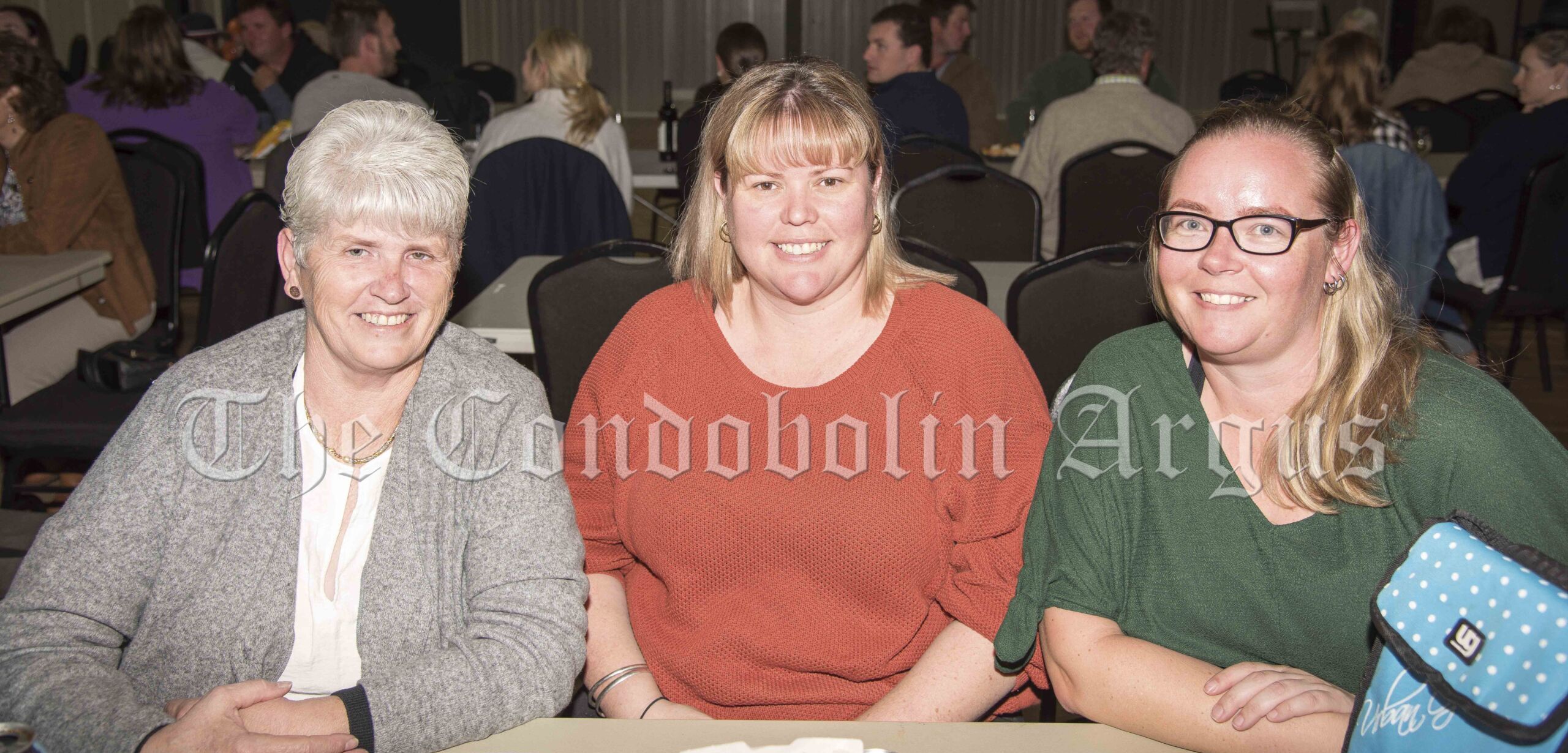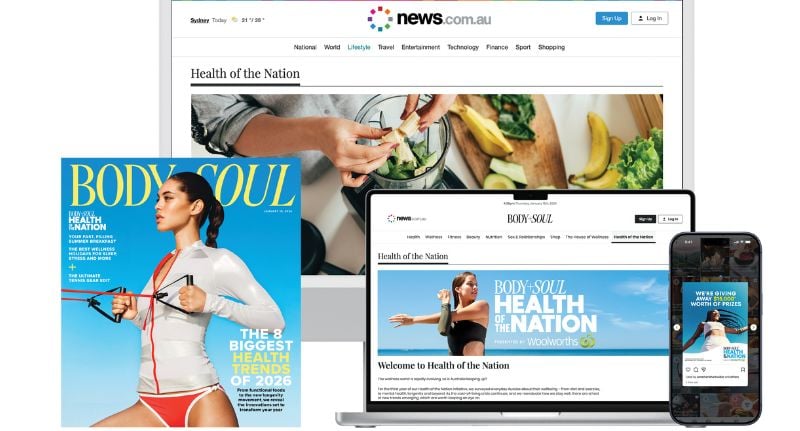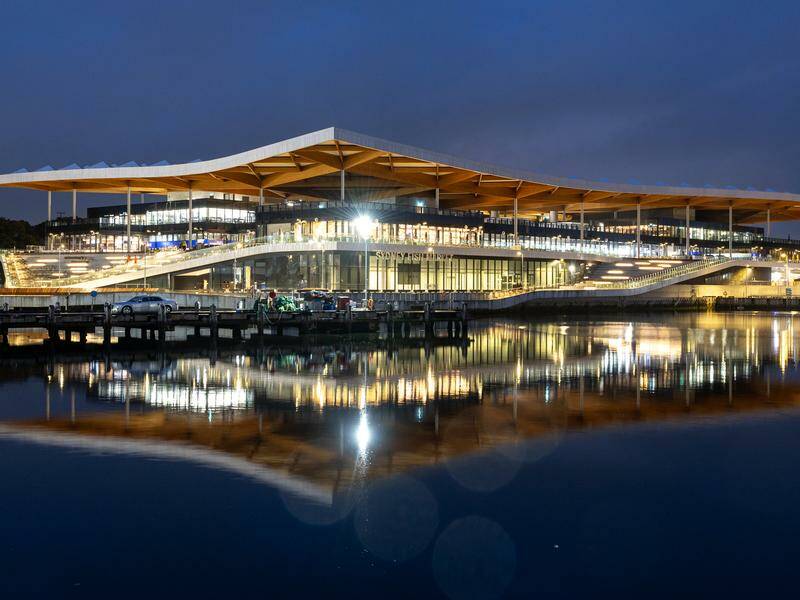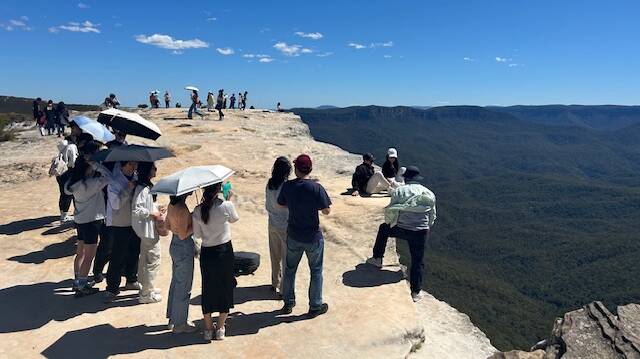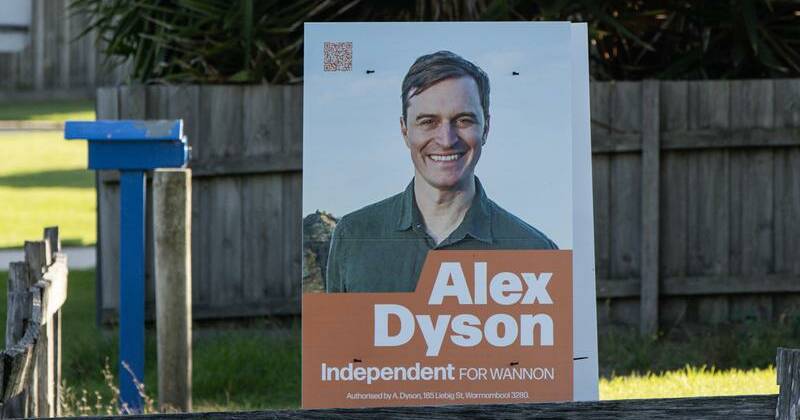
UPDATE: New data from the Australian Electoral Commission (AEC) reveals that Climate 200, a fundraising organization supported by businessman Simon Holmes a Court, has emerged as the largest donor in the 2025 federal election, making a staggering $11 million in contributions to independent candidates. This significant financial backing underscores the growing influence of independent political movements in Australia.
Despite this influx of cash, both leading independent candidates, Alex Dyson from Victoria and Carolyn “Caz” Heise from New South Wales, failed to secure seats in parliament. Dyson sought to unseat Liberal frontbencher Dan Tehan in Wannon, while Heise challenged Pat Conaghan for the seat of Cowper. Each candidate attracted over $2 million in donations but ultimately did not succeed in their campaigns.
The AEC data, published post-election, aims to enhance transparency regarding political funding in Australia. It mandates candidates to disclose any donations exceeding $16,900 alongside their campaign expenditures. This year, Kooyong independent MP Monique Ryan topped the donation list among sitting politicians, amassing $1,905,102 from over 3,000 donors.
The report highlights a trend where 45 out of the top 50 highest-spending candidates were independents, including notable teal MPs like Zoe Daniel, Allegra Spender, Sophie Scamps, Kate Chaney, and Zali Steggall. This shift reflects a significant change in the political landscape, where independent candidates are increasingly gaining traction and financial support.
Other candidates who made the top 50 list include western Sydney MP Dai Le and regional NSW representative Andrew Gee. The remaining spots were filled by established politicians such as Katy Gallagher, finance minister and ACT Senator, along with One Nation candidates Warwick Stacey, Tyron Whitten, and Richard Graham, as well as Rebekah Sharkie from the Centre Alliance.
As political funding continues to evolve, all eyes are on the implications these donations will have on future elections and the potential for independents to reshape the political narrative in Australia. The increased financial support for independent candidates signifies a changing electorate, eager for alternatives to traditional party politics.
This developing story highlights a critical juncture in Australian democracy, with the potential to redefine political engagement and representation. Stay tuned for more updates as the impact of these financial revelations unfolds.
